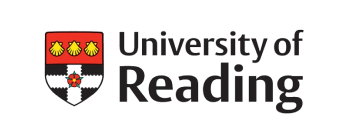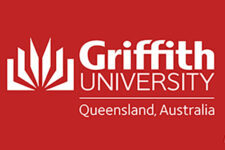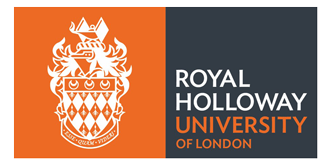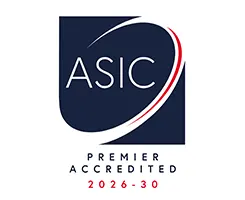1. PURPOSES
1.1 The policy commits IFG to maintain and improve the quality of its teaching and learning provision through the processes of continuous improvement and quality assurance.
1.2 The policy applies to all staff and students.
1.3 The policy supports following strategic aims of the Institution
- To improve levels of student achievement at IFG
- To improve levels of student retention at IFG
- To improve levels of attendance amongst full time students at IFG.
- To add value to the educational lives of students in a variety of ways
1.4 The policy supports the Institution by
- Ensuring the quality of teaching and learning
- Meeting learners’ needs
- Meeting Immigration Department guidelines
- Meeting Awarding Body requirements (where applicable)
- Identifying strategies for improvement
- Ensuring quality assurance
- Making best use of the talents & energies of the Institution staff
1.5 This policy also supports IFG’s commitment to encouraging student engagement in all aspects of College life.
- Providing the opportunity for learners to give feedback to the Institution
- Dealing promptly with any complaints that learners may have
3. POLICY
3.1 IFG is committed to improving the quality of its provision as articulated in the strategic plan by
- Enduring high standards of professional performance
- Implementing rigorous self-assessment process
- Embedding effective policies and procedures
- Measuring and analysing performance against benchmarks
- Ensuring all staff employed by the Institution are aware of their joint responsibility in improving the quality of provision
3.2 The quality process involves a cycle of activities of which Self-Assessment and Course Review are major parts. The major elements are:
- Identifying priorities at different levels of the Institution, informed by the Strategic Plan
- Establishing performance indicators/targets against which provision is judged
- Collecting data in order to measure performance
- Analysing performance against benchmarks and performance indicators
- Implementing and monitoring improvement plans
- Issuing reports on quality issues for the senior management team.
3.3 This cyclical process occurs at the Institution, departmental and course/team level throughout the Institution
4. IMPLEMENTATION
4.1 The cyclical self-assessment process is supported by a series of activities, procedures and practices. It is the responsibility of
4.1.1 The Academic Director to identify the Strategic Priorities for the Institution in response to internal and external demands and initiatives;
4.1.2 The Academic Director and other staff to develop and review Institution Policies and associated procedures, guidelines and strategies;
4.1.3 Academic Director to
- Self-assess areas of provision and contribute to the Institution Self-Assessment Report
- Conduct professional performance reviews of all staff
- Establish mentoring arrangements for all new staff or for staff with new responsibilities
- Ensure that course teams and teachers keep records of meetings, maintain course and subject files, and complete the annual course review cycle for each course, including the administration of the induction and on-course student perception surveys
- Carry out a programme of teaching observations
- Maintain and review standard quality service agreements
4.1.4 Also to
- Manage the annual quality cycle
- Review improvement plans
- Monitor and report on the complaints procedure
- Manage and report on the staff & student perception survey processes
- Manage and report on the teacher observation scheme
- Draw up the annual staff development plan, and manage and report on staff development
- Manage and report on the team of advanced practitioners to improve teaching & learning
- Manage and maintain the quality intranet site
- Ensure, through audit, that all staff comply with quality policies and procedures
4.1.5 Teachers to complete Course Reviews by
- Reviewing of student retention, achievement and target-setting
- Reviewing Induction
- Reviewing teaching, learning, resourcing & assessment in mid-course
- Providing a Summary Course Review at the end of each course
- OR, for short courses, providing a summary course review at the end of each course
And to:
- Provide effective & appropriate teaching, training and support for learning
- Maintain current course [co-ordinating] and subject [teaching] files, including minutes of meetings
- Undertake appropriate development and training
4.1.6 All staff to take part in relevant committee meetings
4.2 All staff are responsible for the quality of their work and for ensuring the quality of the Institution’s provision.
5. MONITORING, REVIEW AND EVALUATION
5.1 The Academic Board will be responsible for reviewing and approving the Quality Policy
5.2 The Academic Board will review the policy annually.
5.3 Monitoring of the Quality Policy is undertaken by the Academic Board.



















































